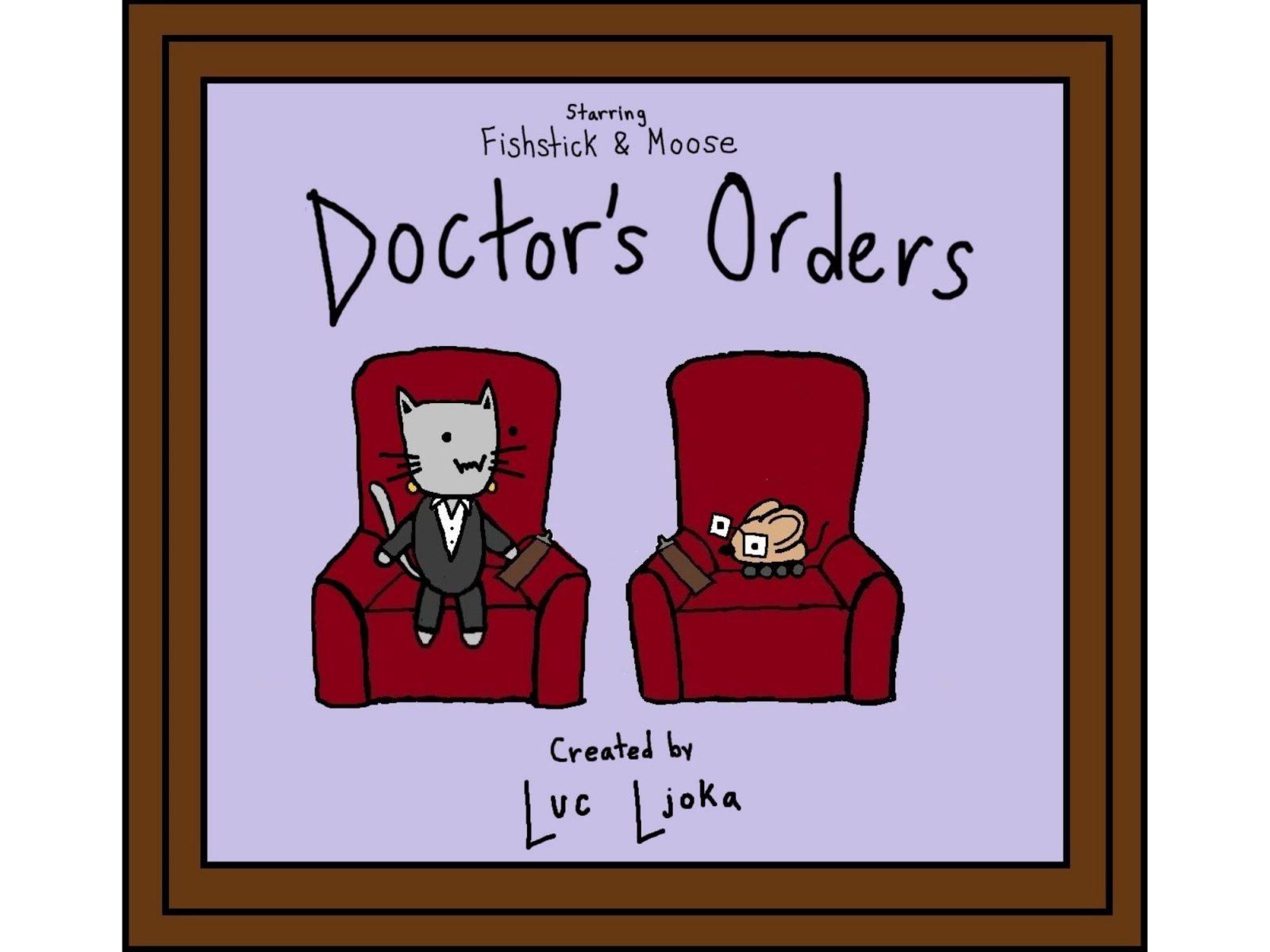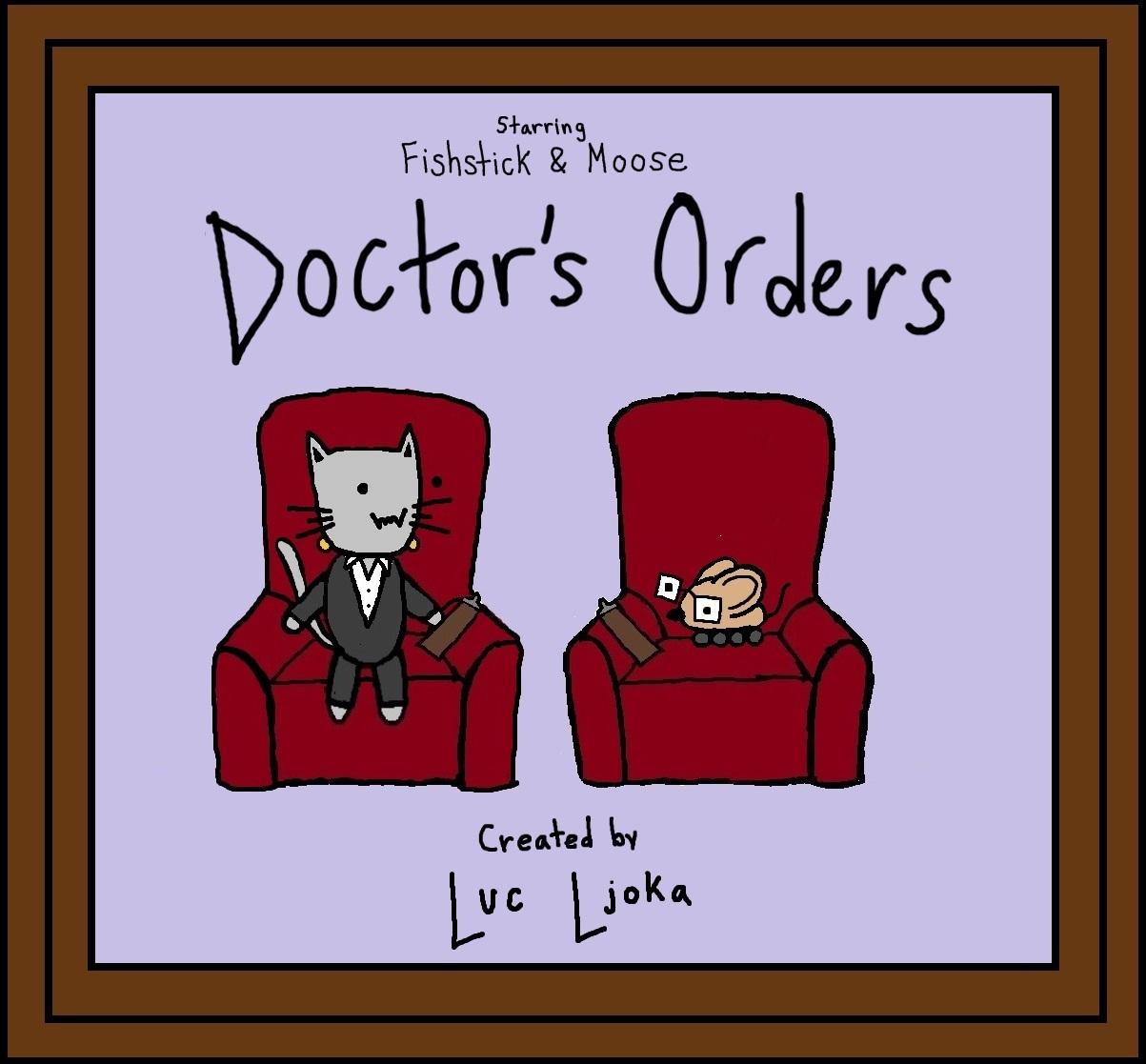Recently, whenever I listen to a fellow Zoom participant engage in tangential speech or I myself ramble, I cannot help but pick up on the number of times people say the word “um.”
This leads me to wonder — why do we even use conversational assistants such as “uh,” “er,” “you know” and “like?” I understand when people say “um” because it signifies they are trying to find the right words. But why is it not more normal for us to simply pause our speech?

Is silence itself so awkward that saying something — anything — is better than letting the last-spoken words hang in the air?
Maybe saying “um” is more useful for the speaker as a way to drive their train of thought. Or maybe it’s for the benefit of the listeners, to convince them we are going somewhere even when our minds are completely blank.
Does it genuinely make us seem less intelligent, or is that an oversimplification? I don’t know. So, I decided to do a bit of research to answer my questions.
Historically, the speech hesitation “um” dates back to 1672 in the Oxford English Dictionary. According to experts such as a transcription services company, when it comes to records of natural conversation such as court transcripts, the word “um” did not appear until postmedieval times.
Of course, it is difficult to make conclusions about speech patterns before the invention of audiovisual recording technology — filler words may be as old as the art of conversation itself.
Linguists and psychologists have posed many potential explanations for the subconscious — though sometimes deliberate — inclusion of these words that could be referred to as “conversational crutches.”
Enhancing sentences with filler words can soften the blow of apologies or declinations, making them seem more polite. Generally, it comes off nicer to say “Um, well, you know, I’m not interested but, uh, maybe another time” rather than a blatant “no.”
However, that brings up the question of whether social politics encourage us to overcomplicate our interactions because, in reality, assertive language and empathy are not mutually exclusive. But that’s a topic for another post.
Filler words can help us to talk about sensitive or controversial topics in a way that is less overwhelming for listeners. They introduce a pause in the conversation to give people time to process what was said.
The use of filler words could also indicate deceit. If a person is knowingly trying to convince others of a lie, they often must navigate the cognitive dissonance between the truth in their mind and the words coming out of their mouth. Hesitancy could signal they are fabricating a falsehood in real time.
But that doesn’t mean every time a person hesitates, they are lying.
The implication behind the word “um” varies depending on the topic and nature of the dialogue. In some cases, “um” doesn’t signify anything other than nerves. No matter what, I’ve realized I don’t mind this word as much as I used to.
There is so much more to communication than just the words we speak. Communication is influenced by many factors such as social norms, emotional states and context. I can see why “um” is looked down upon in some circumstances, but I ultimately believe it has its place in discourse.




















































































































